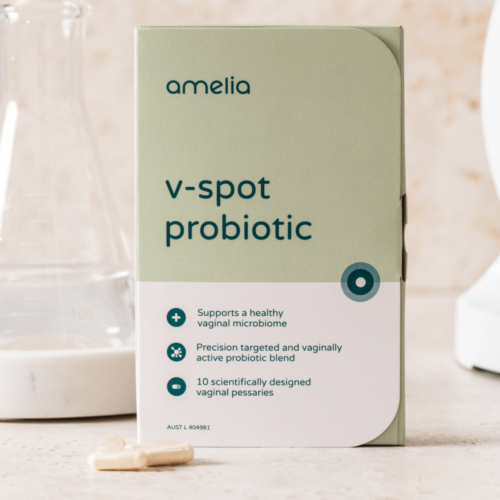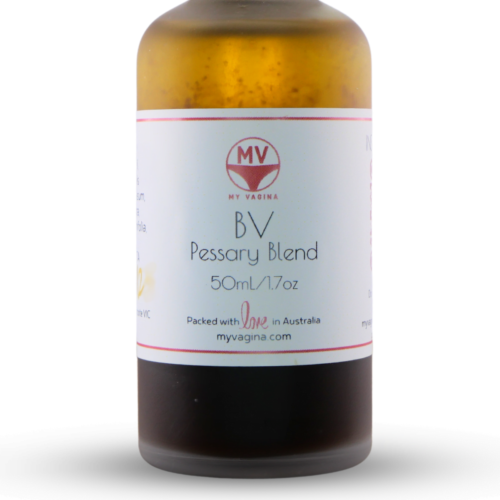Treating your own urinary tract infection at home requires an understanding of what the problem is.
Escherichia coli causes most acute UTIs, but that leaves 10-20 per cent not caused by this bacteria, which means that some treatments will work better than others, depending on the type of infection you have.
Safety when treating UTIs at home
While you can treat straightforward UTIs at home, if at any stage you have severe pain, bleeding, fever, kidney pain, or other serious symptoms, see your doctor or emergency room to be treated immediately with antibiotics.
You can cause real damage to organs by letting infections run rampant. If your body isn’t able to clear the infection, see a practitioner who can help you.
Damaging your urinary system is a recipe for more and more infections because scar tissue provides a better home for disruptive bacteria.
Got it? Safety lecture over; let’s get started.
First you have to make sure you have an uncomplicated urinary tract infection
- Burning, stinging pain when you urinate
- May appear suddenly or come on over the course of the day
- Feeling like you need to urinate, and then you go to the toilet, and nothing much comes out
- Another sign of infection is cloudy urine – white blood cells (pus) are what your body uses to fight infections, so cloudy urine means there is increased immune-system action in your urinary tract
Worse versions of a classic uncomplicated UTI are lower abdominal pain, dark, strong-smelling urine, fever, and progression to the kidneys which you’ll feel, which is when it starts getting complicated.
Unless you know what you’re doing, see your doctor about these symptoms because it can get really serious real quick. If you are not used to UTIs, see your doctor to be tested.
If you get recurrent UTIs, you may need a more advanced treatment which takes a bit longer, whether that is medical treatment or non-drug treatments.
Treating a simple UTI at home
1. Keep your system flushed
Interestingly, UTI bacteria actually cling on harder when you try to wash them away, so ‘washing away the bacteria’ really isn’t a thing. It makes them stronger.
That’s why we must keep the system flushed with liquid but use other strategies. Stay well hydrated; it’ll ease the burning.
2. Aunt Vadge’s UTI Herbal Blends
These herbal blends are a two-pronged treatment approach for UTIs – the BUG MIX and the SOOTHING MIX. Ensure safety before using herbal medicines and if you’re not sure, check with a herbalist or naturopath.
3. Cranberry
Cranberry does not mean the drink you buy at the supermarket. It means a no-added-sugar, pure form of the juice or high-dose tablets. The best way to take cranberry is to take high-dose tablets and lots of them.
Read about cranberry for UTIs.
Aunt Vadge’s UTI Herbal Blends might be a better option than cranberry alone.
4. Probiotics
You need more protective bacteria to fight off the disruptive bacteria, so take a high-quality urogenital probiotic supplement alongside treatments.
A good probiotic is extra important if you take antibiotics, have taken them in the past year, or if you have a long history of lots of antibiotics.
5. D-Mannose
The bacteria like to use D-mannose, a sugar, as a food source, so they attach themselves to it in your urinary tract cells. When you take D-mannose as a supplement, the bacteria attach to the supplement and are urinated out.
6. Reflexology
You can massage the bladder and ureter reflex points on your feet to help move on a urinary tract infection.
This can work very well, at least to reduce symptoms, weirdly enough, but you need to be firm, persistent, and cover all the relevant areas.
Treat an acute UTI with reflexology.
7. Hiprex (methenamine)
Hiprex is the brand name for a substance known as methanamine.
Hiprex is a urinary treatment that works by turning into formaldehyde in your bladder, thus killing off the bacteria as it flows through your urinary tract.
Hiprex is not a cure for an acute UTI but can help manage symptoms over the longer term.
8. Vitamin C
Add at least 100mg of vitamin C to your diet every day. This has been shown to have a bacteriostatic effect and was much more effective at preventing recurrent UTIs than doing nothing.
While vitamin C won’t cure your UTI by itself, it can help keep symptoms at bay while you investigate other treatments.
Vitamin C doesn’t make your urine more acidic but stops it from being so alkaline (thus making it appear to become more acidic). This process involves nitrates-reducing bacteria. You remove their source of nitrate as their energy source.
If you give vitamin C to a person without a UTI, their urinary pH doesn’t change. This is interesting because there aren’t really that many ways to adjust your urinary pH – your body does that via your kidneys. Vitamin C is ascorbic acid, but citric acid – from, say, orange juice – is a slight urinary alkaliser.
So just drinking orange juice won’t work as well! Pure ascorbic acid, vitamin C.
(And don’t eat too much – more than two grams of vitamin C and you risk diarrhoea since vitamin C draws water to the bowel.)
Do urinary alkalisers work?
They work a bit to take the sting out of the uric acid in your urine hitting the raw, inflamed walls of your urethra.
Unfortunately, urinary alkalisers do not eliminate your problem and in fact, might make it worse by making the area uninhabitable by the protective bacteria that normally live in there.
We discuss urinary alkalisers here, including a simple recipe using bicarb if you must. No need to spend money on urinary alkalisers!
What else could I have?
You need to rule out chlamydia, gonorrhoea or trichomonas, or Mycoplasma genitalium so make sure you get tested if your UTI doesn’t resolve completely after your treatment. These sexually transmitted infections can cause the same symptoms.
You could also have what’s known as non-specific urethritis, which feels like a UTI, but can be chronic, undetectable UTI.
Alternatively, this type of urethral irritation may be caused by printed toilet paper, laundry detergent, etc – something you are reacting to, not an infection.
If you get tested, there will be no infection detected, but you must make sure you are being tested with the correct tools and not dismissed as being crazy.
Check the things touching your vulva, switch to hypoallergenic, and see what happens, while getting comprehensive microbiome testing for urinary pathogens.
Specially formulated probiotic for vaginal application to promote a healthy vaginal microbiome.
Unique, comprehensive BV, AV and 'mystery bad vag' treatment guide, one-of-a-kind system, with effective, innovative treatments.





